Ex-Swiss diplomat warns London over post-Brexit ‘hole’

Without a network of bilateral accords, Britain risks falling into a ‘hole’ if it does not strike a comprehensive Brexit deal with the European Union during two-year talks, former Swiss Secretary of State Michael Ambühl has declared.
Ambühl, who was involved in many key negotiations for Switzerland, including the Bilateral I and II treaties with the EU, told Swiss public radio, SRF, that he had been regularly invited to Britain to explain the ‘Swiss-EU model’ after retiring from the foreign ministry in 2013.
“The British are interested in how our model works. They want to know the advantages and disadvantages, and understand how other models work to be able to decide in which direction they want to go,” Ambühl told SRF on Tuesday.
Switzerland is not a member of the EU, but has concluded 20 major bilateral agreements with the European blocExternal link. There are also about 100 secondary bilateral accords between Bern and Brussels.
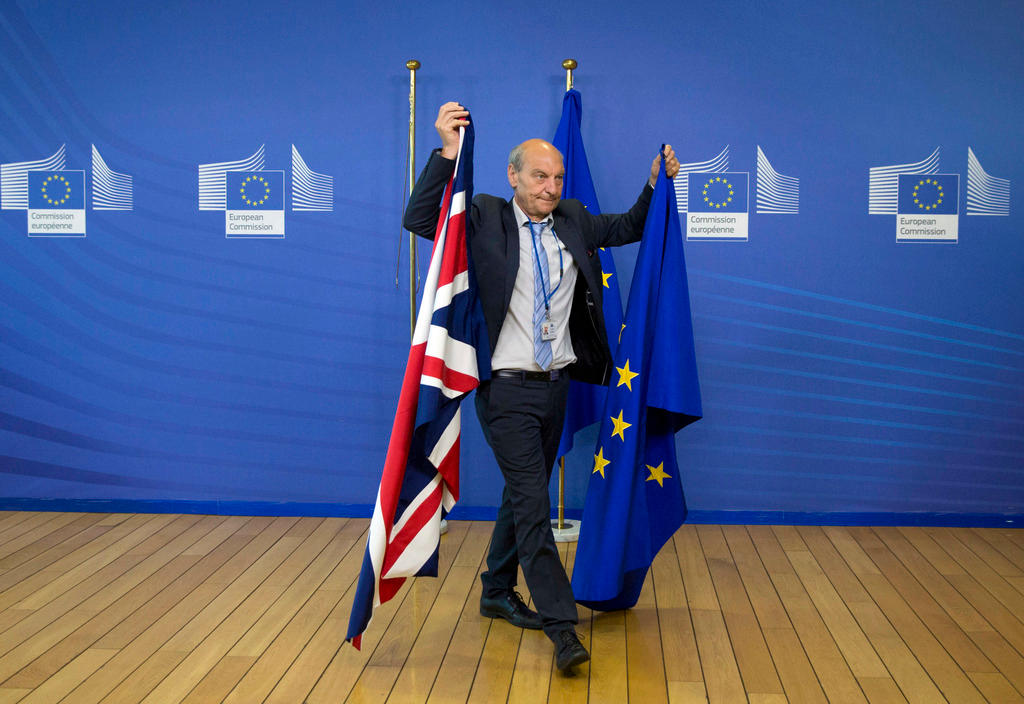
More
Britain is the ‘laughing stock of Europe’
Ambühl said the British were also interested in bilateral treaties with the EU. He said the network of bilateral accords gave Switzerland a key advantage: if negotiations with Brussels fail, an accord is protected by the network.
“Britain would fall into a hole if it doesn’t reach a solution with Brussels within a year and a half,” said the Swiss diplomat.
He said the bilateral accords give market access, but allow Switzerland to conclude free trade agreements with countries outside the EU.
“We have single market access, which is very important for our economy. We have no customs union, which allows us to conclude free trade agreements with third countries. This might also be an advantage for the British,” he declared.
Good start
At the end of last month, the first phase of Britain’s negotiations with Brussels to leave the EU got underway, with Prime Minister Theresa May outlining how EU citizens already living in Britain could stay after the country leaves the EU in 2019. The EU’s top Brexit negotiator Michel Barnier gave a cool reception to Britain’s offer.
In the SRF radio interview, Ambühl said he felt the British had got off to a good start in the Brexit talks with the government and Brussels agreeing to a negotiating timetable and London adopting an initial position on EU citizens’ rights.
But he said Britain’s biggest challenge would be to maintain the greatest possible access to the EU single market, while also controlling immigration.
Ambühl said as a guest speaker to Britain, he frequently referred to Switzerland’s ‘safeguard clause’ with the EU. While free movement of workers between Switzerland and the EU is largely guaranteed through bilateral agreements, the special clause lets the Swiss impose unilateral limits if migrant numbers exceed certain thresholds.
“It is a model that comes up again and again in public discussion – not because we have suggested it, but because it is obvious that it can bring some flexibility,” he went on.
Control of immigration using a protective clause has been discussed in Britain for some time, but the current government will not simply copy the Swiss solution, he added.

In compliance with the JTI standards
More: SWI swissinfo.ch certified by the Journalism Trust Initiative
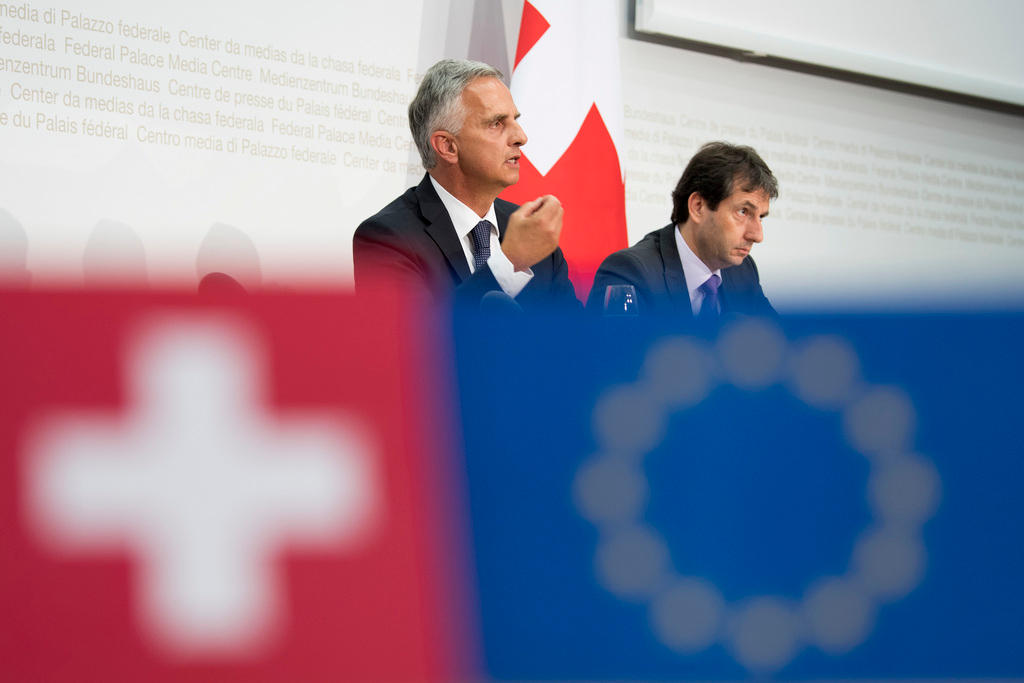
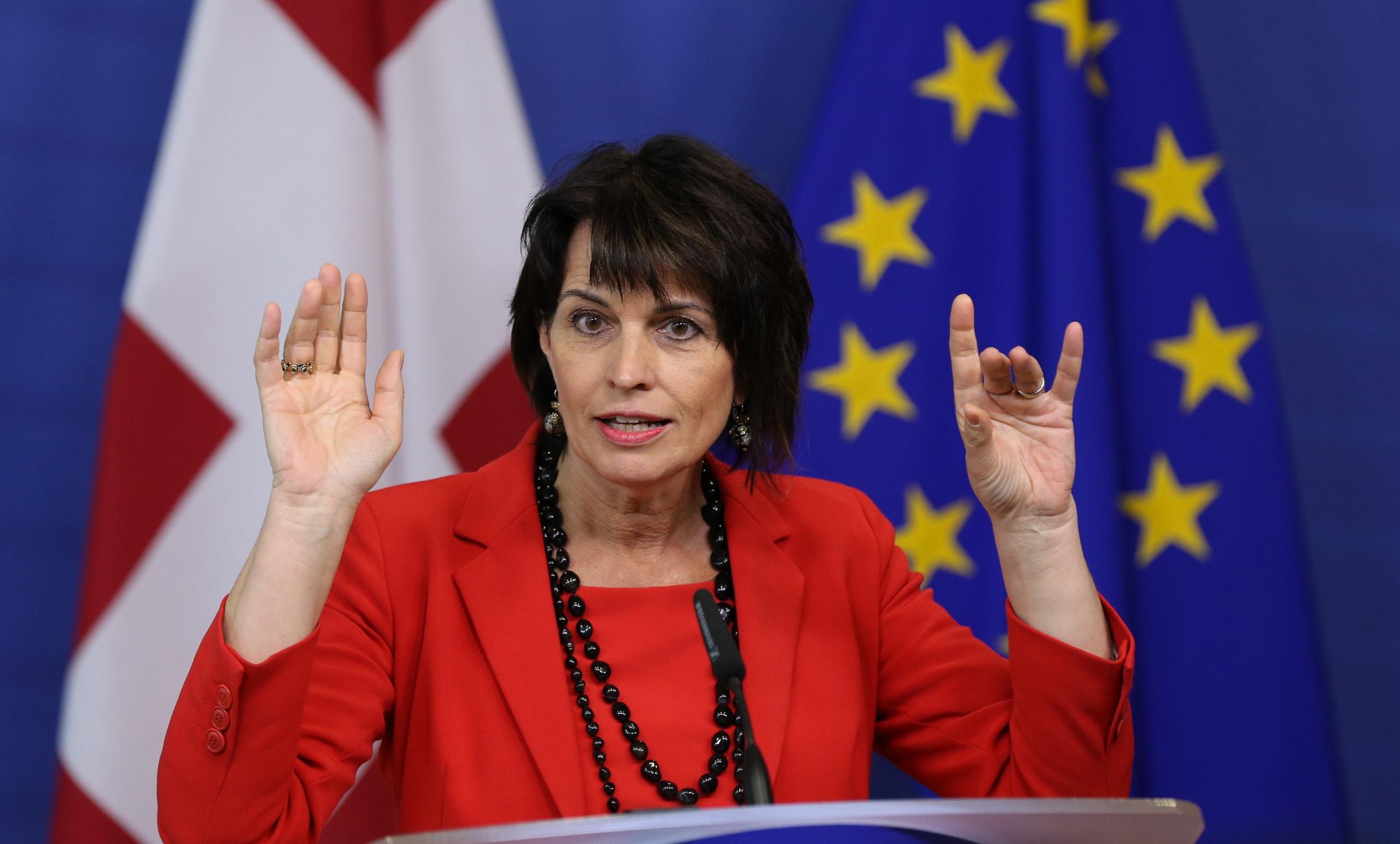
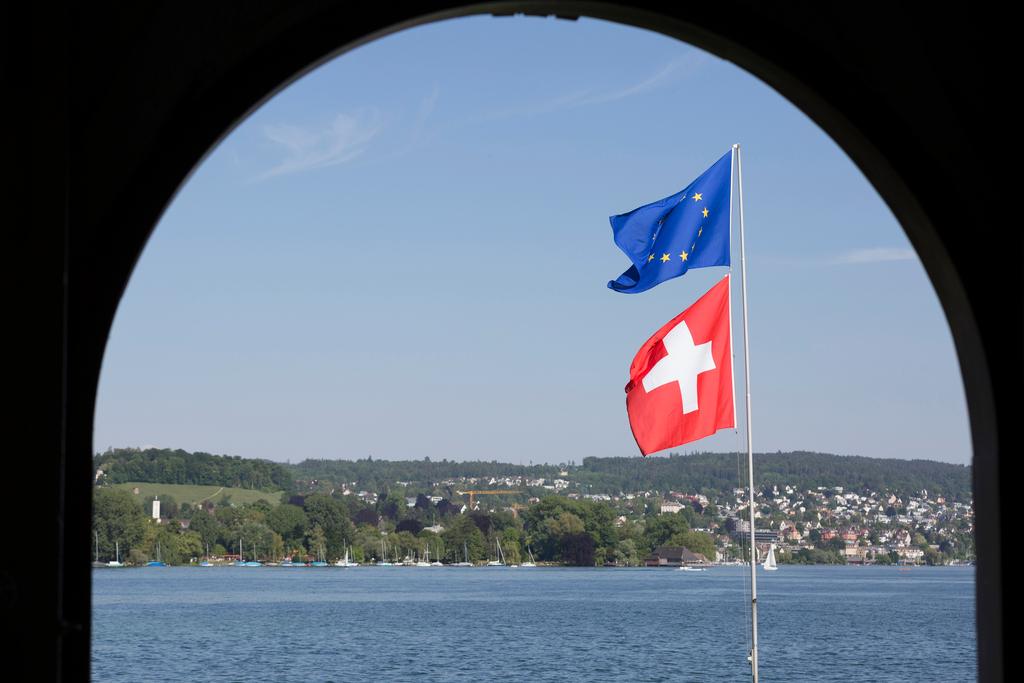
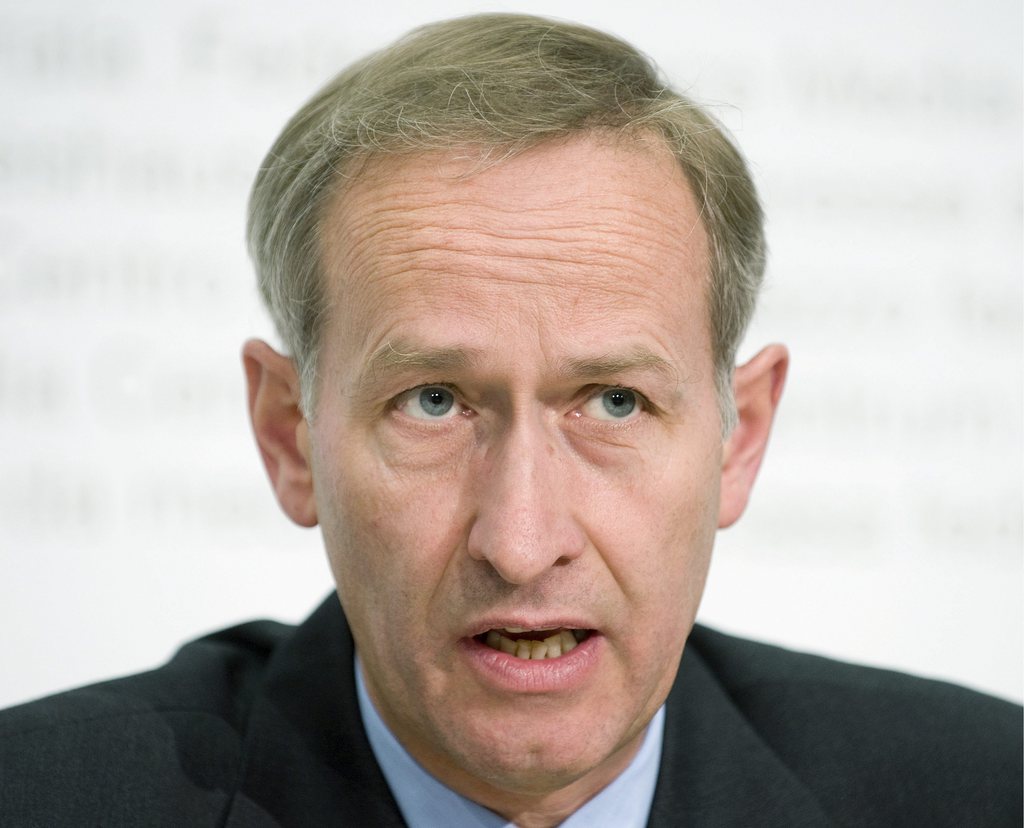
You can find an overview of ongoing debates with our journalists here . Please join us!
If you want to start a conversation about a topic raised in this article or want to report factual errors, email us at english@swissinfo.ch.